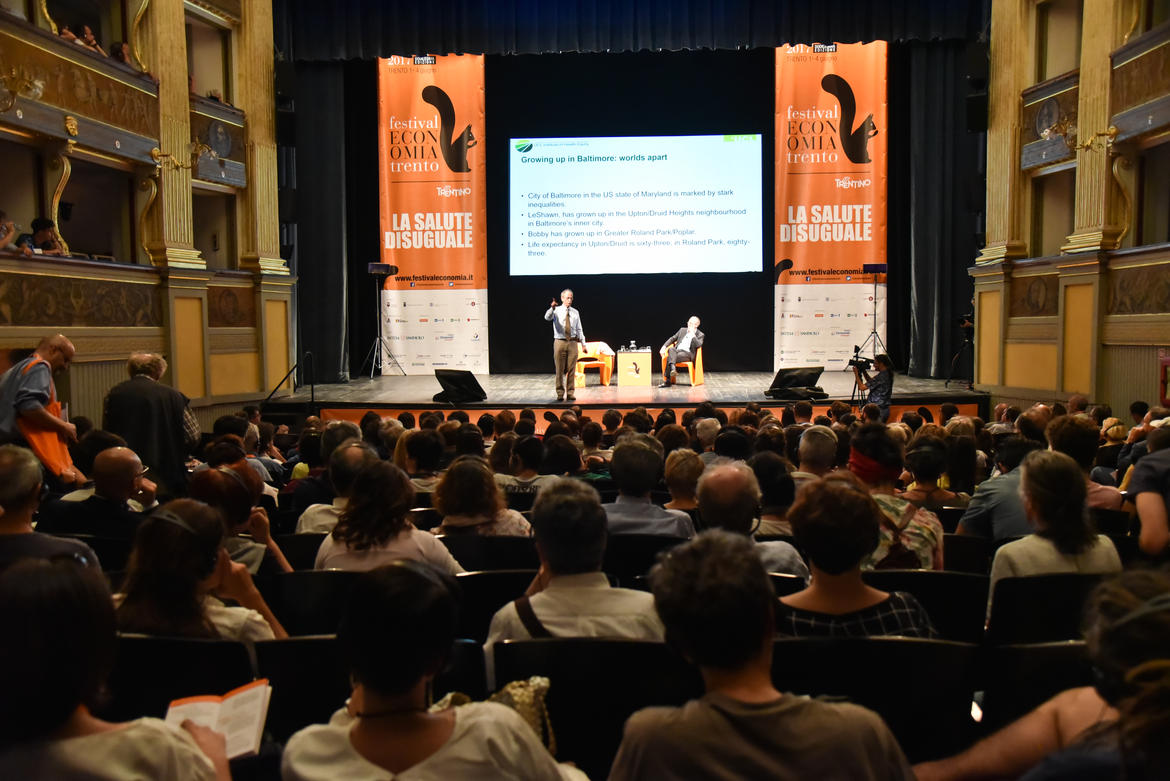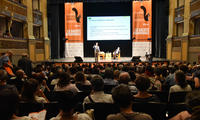
In Michael Marmot's view there is a strong connection between per capita GDP and life expectancy. "It is not simply about rich and poor countries," explains Sir Marmot, "since many times inequalities in health within countries are as big as the differences between countries. In a few words, it is not simply the money in your pocket that defines poverty, or determines health risks." The concept of poverty can be absolute or relative, to explain this, Marmot quotes one of his preferred economist, Amartya Sen, and his book Poor, relatively speaking.
A key role in defining health inequalities for Michael Marmot is the so-called Social Determinants of Health (SDH), which are simply the conditions in which people are born, grow, work, live, and age; more simply the wider set of forces and systems shaping the conditions of daily life. These forces and systems include economic policies and systems, development agendas, social norms, social policies, and political systems.
Within SDH, education is critical. "Looking backwards through the path of life, inequalities in education are caused by inequalities in early child development," Marmot outlines. Moreover in Marmot's view, education “is good for child survival, for reducing the number of pregnancies, for protecting yourself, and for a country's development.”
Education is not the only important factor, however, empowerment is also critical, which Sir Marmot describes as control over your life. Sir Marmot also cites resilience, or the capacity to bounce back from adversity, as an important factor. Community resilience is also a property of socially sustainable communities. He believes that we can promote resilience through programmes that have been shown to work.
Nevertheless, Sir Marmot at the end of his much appreciated speech at the Teatro Sociale in Trento defines himself as an “evidence-based optimist,” showing a final slide quotes the world famous slogan of Martin Luther King “I have a dream."
Watch an interview with Sir Michael Marmot: https://youtu.be/TeiOUzN_CO8
Web: http://2017.festivaleconomia.eu
Twitter: @economicsfest
Facebook: https://www.facebook.com/festivaleconomiatrento









